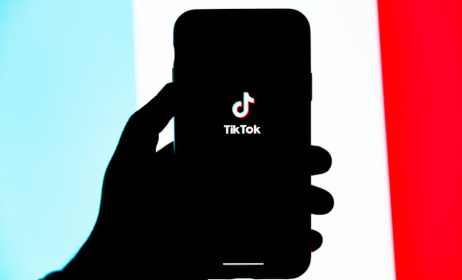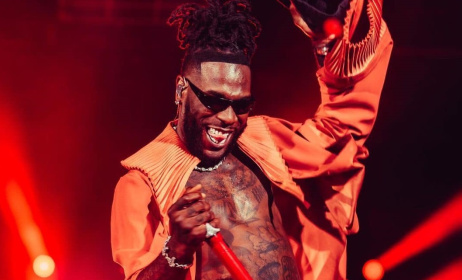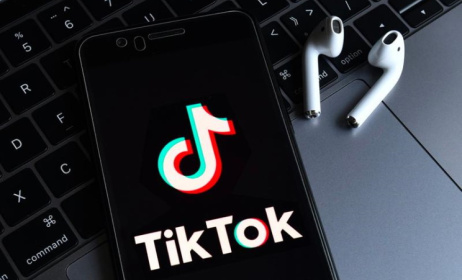US Congress passes bill that could ban TikTok
Members of the US House of Representatives have passed a bill that could result in the banning of TikTok in America.
 The bill requires ByteDance to sell its controlling stake in the app within six months or face being blocked in the US.
The bill requires ByteDance to sell its controlling stake in the app within six months or face being blocked in the US.
The bill, which was subjected to a vote on 13 March, requires the Chinese parent company, ByteDance, to sell its controlling stake in the app within six months or face being blocked in the US.
If the bill is approved by the Senate and signed by the president, it would prohibit TikTok from being available in US app stores unless it is separated from ByteDance. Around 170 million Americans currently use the app.
Despite receiving bipartisan support, the bill still needs to go through the Senate and be signed into law. The House vote was 352 to 65, with 50 Democrats and 15 Republicans opposing it.
President Joe Biden has indicated that he would sign the bill if it reaches his desk, potentially causing a diplomatic conflict with China. ByteDance would need approval from Chinese officials to complete the divestiture, but China has expressed opposition to this.
Mike Gallagher, a Republican from Wisconsin, stated that the US cannot risk having a dominant news platform controlled by a company tied to the Chinese Communist Party.
TikTok has tried to assure regulators that it has taken measures to protect the data of its US users from being accessed by ByteDance employees in China.
The bill has faced opposition from various political angles, including former President Donald Trump, who initially supported banning TikTok but has since changed his stance. Democrats are also under pressure as TikTok remains popular among young progressives.
TikTok creators and the Chinese government have strongly criticised the bill, with China’s foreign ministry calling it an “act of bullying.”
“Although the United States has never found evidence that TikTok threatens US national security, it has not stopped suppressing TikTok,” a Chinese foreign ministry’s spokesperson told the BBC.
“This kind of bullying behaviour that cannot win in fair competition disrupts companies' normal business activity, damages the confidence of international investors in the investment environment, and damages the normal international economic and trade order.”
Chinese companies are required to share data with the government under a national security law.
Protests against a potential TikTok ban have taken place at the Capitol building in Washington DC.
Many industry experts are concerned about the regulatory troubles facing TikTok and the potential impact on African musicians. According to the latest TikTok Music Impact Report, users on the app have a greater tendency to discover and share new music compared to similar platforms.
The report also highlights that in the US, TikTok users are twice as likely to discover music on the platform compared to users of other similar apps. This makes TikTok a crucial marketing tool for African music genres like Afrobeats and amapiano, which are gaining popularity in North America.
On 31 January, Universal Music Group (UMG) terminated its global licensing deal with TikTok. As a result, UMG's entire catalogue, which included approximately 3 million recorded music tracks and 4 million songs represented by UMG in publishing rights, was removed from the platform. This could potentially limit their revenue streams in a music royalty system that primarily operates in the digital space. Additionally, there is concern about the disruption of a vital channel for music promotion and the potential limitation of future hits within TikTok’s unique ecosystem.



























Commentaires
s'identifier or register to post comments